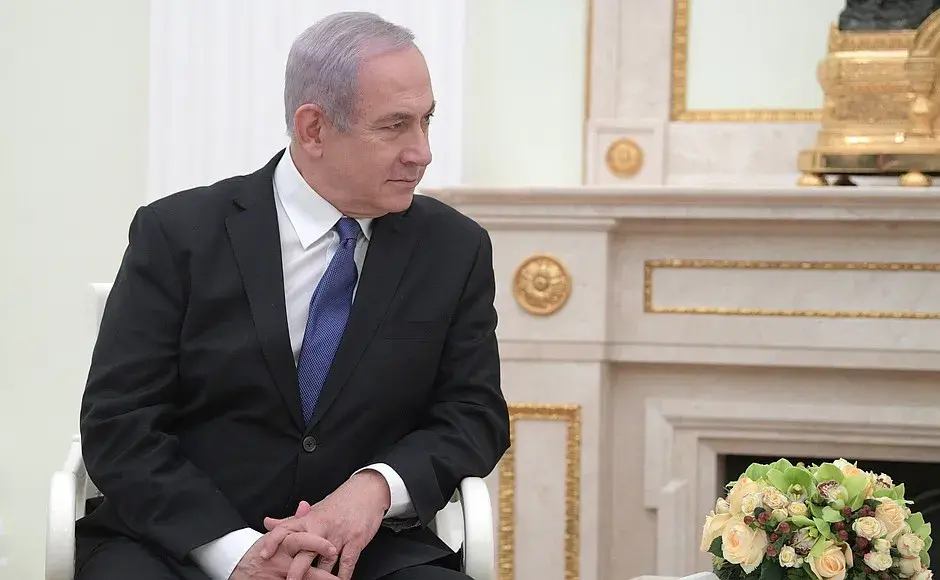The Israeli military said it carried out targeted air strikes on a weapons cache and subterranean facilities used by Hezbollah near populated areas in southern Lebanon, saying the operations aim to prevent the group’s rearmament and to eliminate threats posed by tunnels and hidden sites.

The Israel Defence Forces reported that in a series of operations on Thursday they struck a weapons depot and underground infrastructure attributed to Hezbollah in the south of Lebanon, near civilian-populated zones. The military statement said the locations were close to residential areas, which the IDF characterised as evidence that the militia has used Lebanese civilians as shields for its military infrastructure.
According to the IDF, the strikes formed part of an intensified campaign in recent weeks intended to forestall the restoration of Hezbollah’s military capabilities following the previous year’s conflict. The operations, the army said, involved personnel from Division 91 and were executed using combat aircraft of the Israeli Air Force, which targeted concealed storages and subterranean installations believed to house weapons and related materiel.
A military spokesperson, Nadav Shoshani, told journalists that Israeli forces had credible indications Hezbollah was attempting to reconstitute its arsenal south of the Litani River and to introduce arms via smuggling routes from Syria and other alternative corridors. Shoshani said Israel was working to block those routes with “a high level of success” but maintained that the threat of renewed armament justified continuing strikes to interdict shipments and destroy infrastructure.
The IDF framed the operations as consistent with its obligation to defend Israeli territory and citizens, asserting that the persistence of such sites and Hezbollah activity constituted a violation of arrangements struck between Israel and Lebanon. The army stated it would continue to act to remove any imminent threat and to protect the State of Israel. The military also emphasised that, despite the formal ceasefire established in November 2024, Israel has maintained a presence and conducted targeted operations in southern Lebanon.
Hezbollah, for its part, has rejected demands for total disarmament and has not acceded to Israeli calls to remove its weapons. Israeli and Lebanese sources, cited in reporting, said Jerusalem has stepped up pressure on the Lebanese Armed Forces to enhance efforts to disarm the group, including conducting searches of private homes suspected of concealing weapons. Lebanese authorities have faced complex political and operational constraints in implementing such measures, according to observers.
Israeli officials stressed that the operations aim to avoid a return to the large-scale hostilities witnessed on 7 October 2023, warning that any reconstitution of a massed militant threat along the border would be unacceptable. The military’s public statements linked the strikes both to immediate security objectives — preventing the transfer and storage of arms — and to a broader strategy of denying Hezbollah the capacity to re-establish offensive capabilities in the border region.
Regional analysts noted that continued interdiction efforts risk further raising tensions along the Israel–Lebanon frontier, where a fragile cessation of widespread hostilities has coexisted with episodic strikes and exchanges. The balance between preventing rearmament and avoiding escalation presents a persistent dilemma for Israeli policy-makers, who must weigh tactical interdictions against the potential for reciprocal action or broader instability.
The immediate consequences of the strikes for civilian populations in the targeted areas were not detailed in the military communiqué and there were no independent reports of casualties in the initial accounts published by the agencies reporting the incidents. International reporting of the episode drew in part on material supplied by EFE and statements released by the Israel Defence Forces.
Keep Independent Journalism Alive
In a world flooded with noise, independent journalism is more vital than ever. We work hard to bring you clear, accurate, and unbiased international news — free from corporate or political influence.If you believe in the power of honest reporting, please consider making a donation. Every contribution, big or small, helps us stay independent and keep the world informed.
Support us via PayPalYour support makes a difference.


